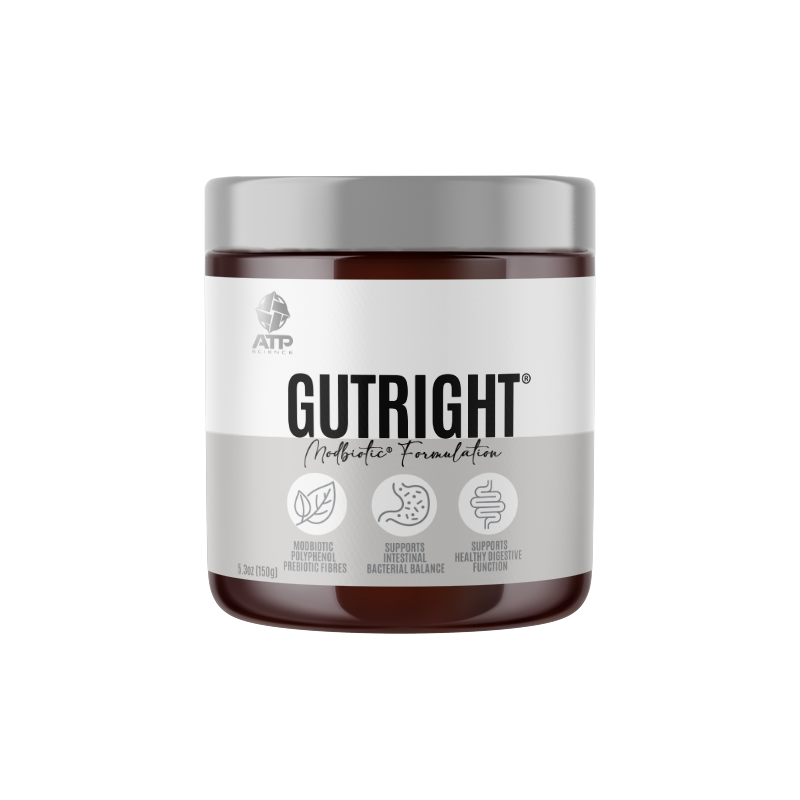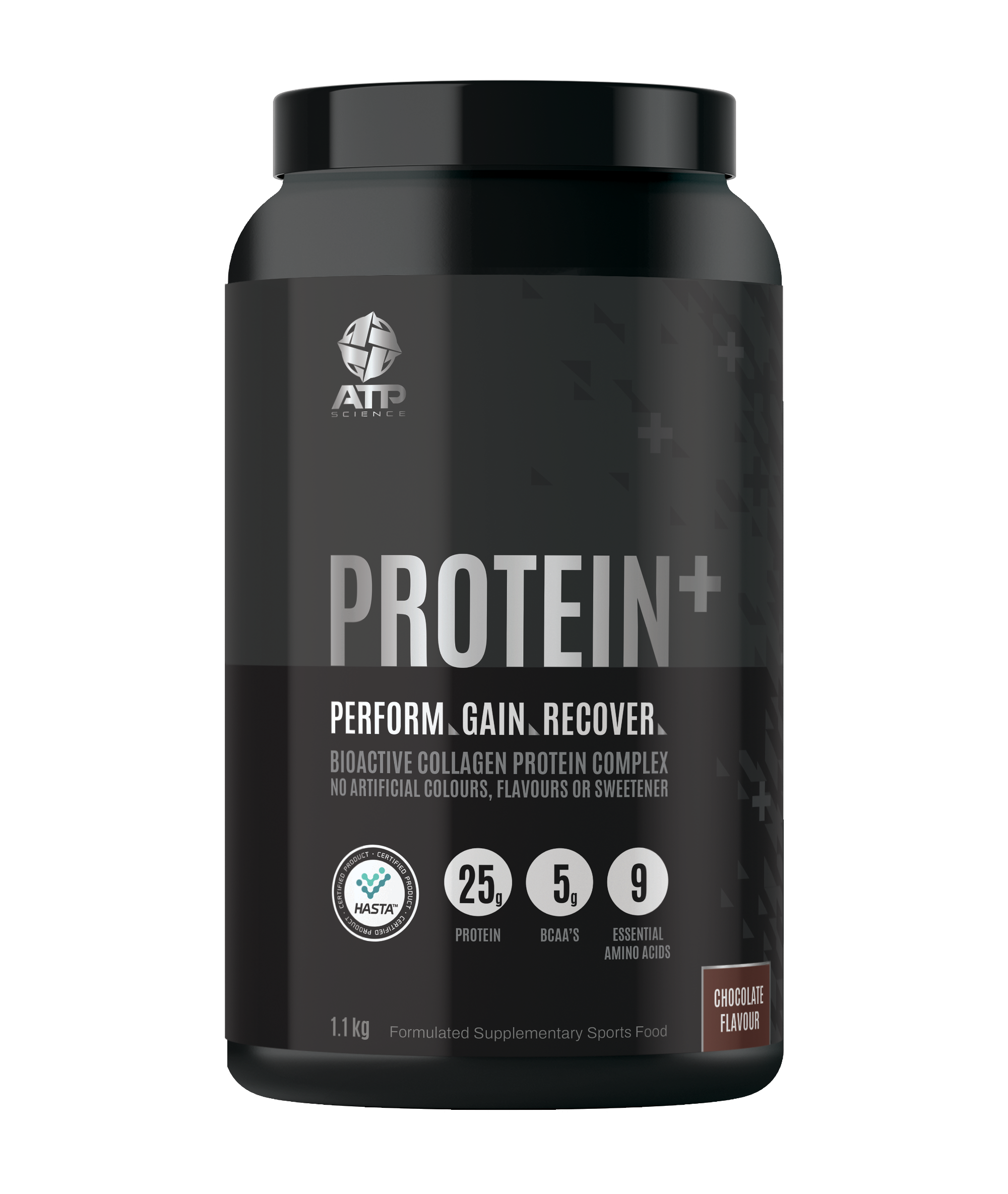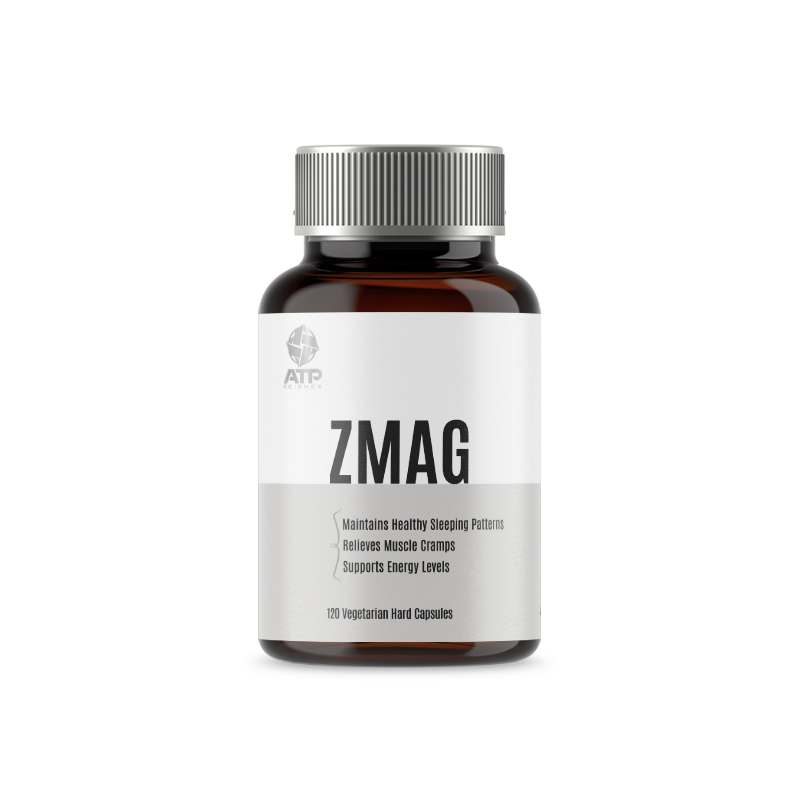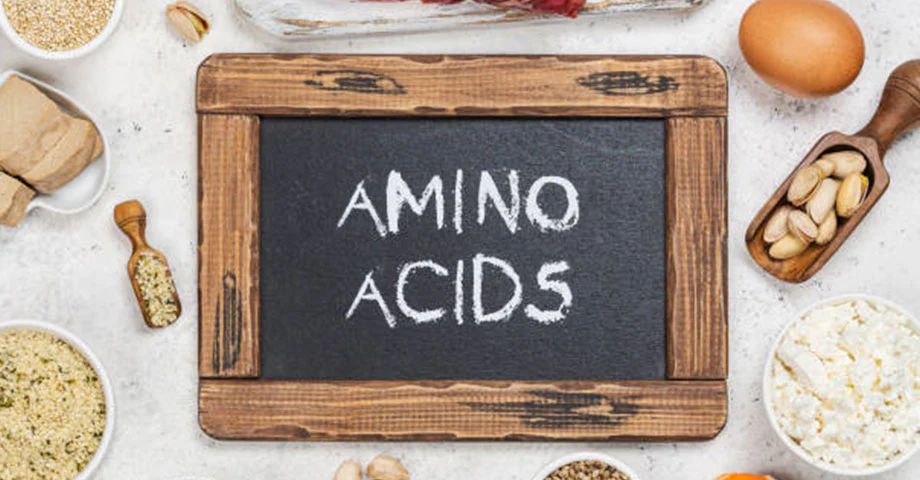Vitamin B12 comprises of different types with the most common form being cyanocobalamin as it is most chemically stable yet most unnatural form. Cyanocobalamin is used in fortified foods and supplements.
From a nutrient perspective a vegetarian diet is usually rich in carbohydrates, dietary fibers, carotenoids, folic acid, Vitamic C, Vitamin E, Omega-6 and magnesium, however the diet is commonly low in Vitamin B12, proteins, saturated fatty acids, Omega-3, Vitamin A and vitamin D3. Vegan diets are well known to have a high intake of dietary fibers, low intake of saturated fats and health-promoting phytochemicals found in fruits and vegetables which promotes healthy weight and heart health. Despite this, due to the vital role B12 plays in metabolising homocysteine, vegetarians are still at risk of cardiovascular diseases along with other neurological degenerative diseases.
These risk factors are one of the main reasons to introduce fortified foods in the western diet with aims to address Vitamin B12 deficiencies. The most common form of B12 used fortified foods such as breads and cereal is cyanocobalamin due to it being most commonly stable yet most unnatural form. Cyanocobalamin needs to convert into methylcobalamin and 5-deoxyadenosylcobalamin in the body to become active. Questions are raised to weather this form of Vitamin B12 is safe as it requires using ‘methyl groups’ in our body that is used in the breakdown of homocysteine which may further increase the risk of cardiovascular diseases. With many vegetarians becoming more aware and seeking unprocessed foods, fortified foods have not been effective in addressing B12 deficiencies in vegetarian diets.
Seeking vegetables sourced from organic farms that use permaculture philosophy is common choice for vegetarians. One study found an increase in vitamin B12 levels in spinach leaves (approximately 0.14mg/100gm) occurred when grown from organic fertiliser derived from cow manure. However, to receive the Recommended Daily Intake (RDI) of 2.4mg/day for an adult, a consumption of several hundred grams would need to be ingested which is hard to obtain. More interestingly another study found that most organic fertilisers made from animal manures had high amounts of inactive B12 which were excreted in human faeces of more then 98% which indicates a poor conversion rate into the active forms methylcobalamin and 5-deoxyadenosylcobalamin. More popular foods that have has recent attention in vegetarian based diets are fermented foods such as tempe, kimchi, saurkrauet and kombucha. Unfortunately these fermented foods only contains trace amounts and do not hold a sustainable source of Vitamin B12 (ie Kimchi <.01 for every 100mg).
With limited plant base sources of Vitamin B12 in the western diet and ineffective attempts of fortifying foods to address the deficiency showing to have very little ability to meet the standard recommended daily intake we need to look at other therapeutic and exotic sources that are being used in different parts of the world to improve vitamin B12 sufficiencies. Embracing edible mushrooms and edible algae may be the key to a sustainable vegetarian diet with adequate B12 consumption!
Edible mushroom species are popular among vegetarians in European counties and are yet to have as much appreciation in the western world. Mushrooms such as porcini mushrooms, parasol mushroom, oyster mushroom and black morel show trace levels of vitamin B12 (.09 mg/100gm dried weight). More excitingly the black trumpet and golden chanterelle contain higher levels of vitamin B12 (1.09-2.65 mg/100g dry weight). Shitake mushrooms may prove to be the most beneficial in vegetarian diets as dried shiitake mushrooms are around 5.6mg per 100 gm dried weight). This means that the daily intake of approximately 50gm of dried shiitake mushroom will meet the 2.4mg/day for the average adult.
The edible algae laver is also known as nori and is most commonly seen in Sushi Trains in the wrapped around rice and tuna. Nori shows to have one of the highest bio-available sources of B12 that may hold many benefits for correcting vitamin B12 deficiencies in vegetarian diets. Dried green laver and purple laver are the most widely consumed edible algae and contain a substantial amount of Vitamin B12 (approximately 63.6 mg/100g and 32.3 mg/100g dry weight). It is important to note that the processing stages of algae such as toasting or seasoning can affect the vitamin B12 status. In one study where dried purple laver was treated by toasting until the laver colour changed from purple to green, decreased in Vitamin B12 due to the heating process. Despite this, edible purple laver in particular contains coenzyme that increase the bioactive forms of vitamin B12 in the body. Further health benefits of consuming purple laver were emphasized in a nutritional analysis of six vegan children who consumed a diet including brown rice and dried purple laver for 4-10 years which suggested that the consumption of nori may prevent vitamin B12 deficiency in vegans.
Edible mushrooms and edible algae are undoubtedly the most nutritional and highly active sources of vitamin B12 needed a vegetarian based diet. Incorporating these functional foods will not only decrease the amount of vegetarians with vitamin B12 deficiencies, but also allow for the recommended daily intake of B12 to be met which most vegetarians struggle with. In doing this, vegetarians will lower the risk of degenerative diseases and increase their vitality and live in the most optimal health possible.
















